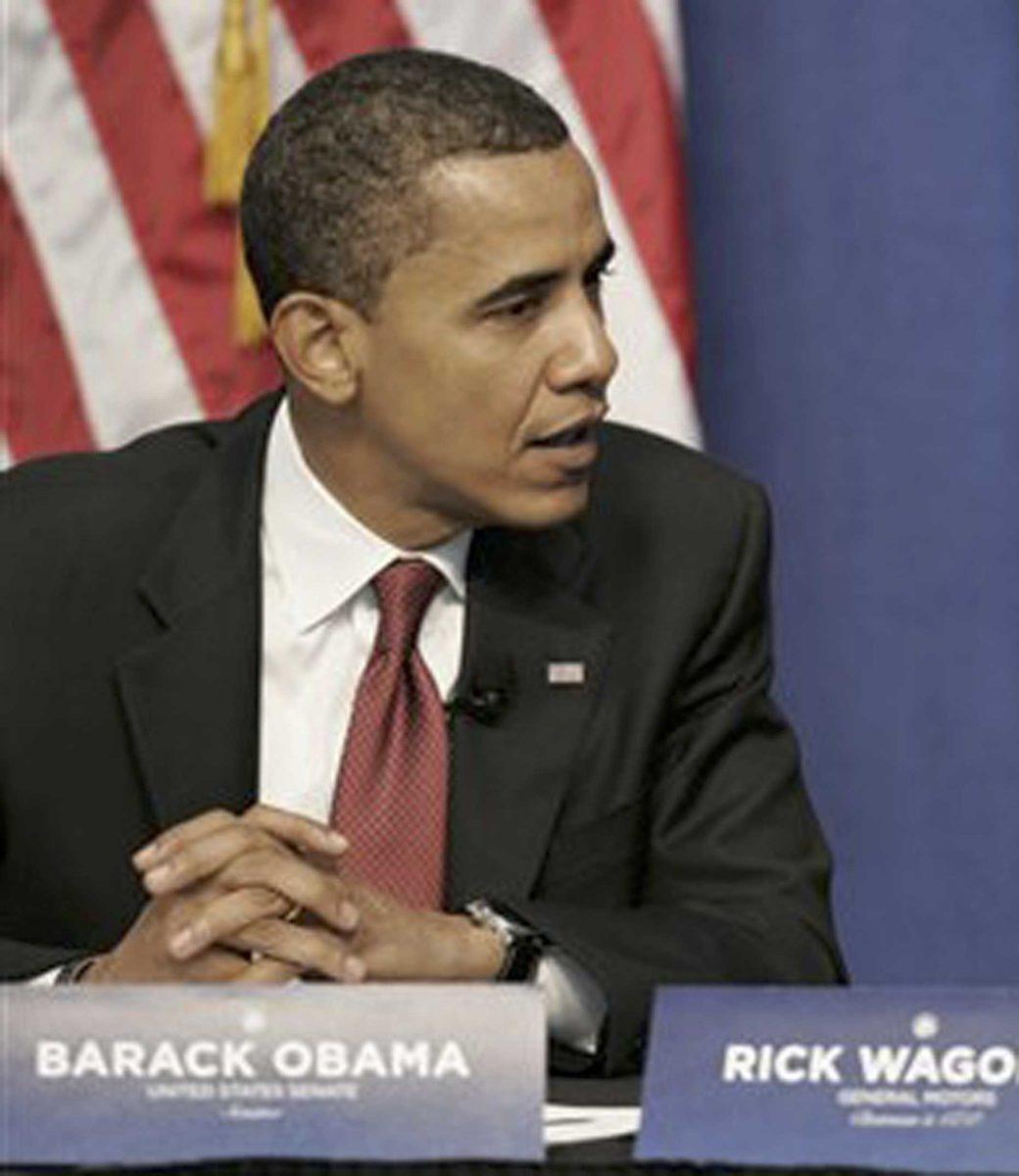The economic crisis is being portrayed as the end of the world as we know it.It has supplanted the war in Iraq — where American soldiers still die — as the biggest problem facing President Obama.But maybe it isn’t as bad as we all think. Maybe it’s a good thing this downturn hit the economy.”Subprime” has become a term at the center of the economic downturn. The reason for this is understandable.When the supply of money increases, the demand for goods increases. When the demand for a particular good or service increases, the cost of the good increases. Subprime lending increased the supply of money available for people to purchase houses. The demand for houses went up and, as a result, so did housing prices.The desire to make housing available to all is at the heart of the economic troubles facing the country today.This is the first place to find a silver lining behind this dark cloud of recession. When society’s elite — whether bankers or politicians — begin telling people what they deserve, freedom and liberty are attacked.Not everyone deserves a house. Housing is not an inalienable right guaranteed to every person. It is something for which a person must work.When the government began intervening in the housing market, it tried to score political points by making housing available to people who couldn’t get credit in the regular mortgage market. The prices of houses inflated.This is the second revelation of the recession — government manipulation of the free market always hurts the average citizen. Government involvement ceases competition, stymies progress and fixes prices. President Franklin Roosevelt passed the Agricultural Administration Act as part of his New Deal. One result was that some farmers got paid not to grow crops.The rationale was the fear that overproduction was driving prices down. The government stepped in and fixed the price of agricultural commodities, then paid farmers not to grow those crops. As a result, the price of food rose along with the amount of crop imports that could have been grown here at home.The consumer suffered because the government didn’t want farmers to go out of business even though the economy’s natural progression was to move from agricultural to industrial.Finally — and perhaps most importantly — this recession has made it clear the U.S. can’t continue its expansive, imperialistic foreign policy.Some of the biggest drains on the nation’s resources are the two wars we fight. Instead of acting like the world’s police force, the government could focus on ways to reduce the national debt by looking at places to cut the defense budget.At the end of his time as president, Dwight Eisenhower warned the country of the “growing military industrial complex.” We don’t need first-strike capability, nor do we need enough nuclear warheads to destroy the world more than once. If the country is going to become financially stable, the defense budget must be one of the first areas to make cuts.The recession has hurt many people in this country. It has not been easy, but it has been necessary. It has taught us a number of lessons we needed to learn.Drew Walker is a 24-year-old philosophy senior from Walker.——Contact Drew Walker at dwalker@lsureveille.com
Walk Hard: Economic downturn makes the country better
March 29, 2009
In this June 26, 2008 file photo, then Democratic presidential candidate, Sen. Barack Obama D-Ill., left, talks with General Motors Chairman Rick Wagoner during an economic discussion in Pittsburgh. Wagoner will step down immediately at the request of the White House, administration officials said Sunday. The news comes as President Obama prepares to unveil additional restructuring efforts designed to save the domestic auto industry.





